Oman is a blend of the new and the old. This is true not just of the city, its architecture, its attitude and customs
18 July 2013
| Last updated on 14 June 2017
This is true not just of the city, its architecture, its attitude and customs but also of its shopping. Here you will find a mix of the snazziest shopping malls and the wonderfully quaint traditional markets or "Souqs". This is probably due to the fact that Oman went from being a bedouin country with forts and tribes to a country with developed cities thus the way in which people lived and consumed changed rapidly. Hence, a number of culturally clashing components are visible in Oman and it's great that a person can choose to one day enjoy the luxuries of an air conditioned shopping mall with beauty salons and posh restaurants; only to go to an old-school souq the next day and bargin for goods while enjoying an authentic cup of Omani tea and some delicious and traditional food.
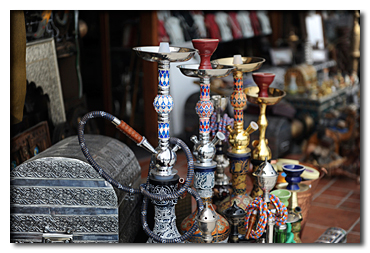
A souq is an open-air marketplace. Historically, souqs were held outside of cities in the location where a caravan loaded with goods would stop and merchants would display their goods for sale. Souqs were held when there was a caravan or more available. At that time, souqs were more than just a market to buy and sell goods; they were also major festivals and many cultural and social activities took place in them.
Though each neighbourhood within the city would have a local Souq selling food and other essentials, the main souq was one of the central structures of a large city. A central marketplace, it was where textiles, jewellery, spices, wooden sculptures and other valuable goods as well as the money changers were arranged in a line.A quadrilateral of stone-vaulted streets parallel to or crossing each other or a tight mass of buildings too packed together for roads to intersect them.
The workshops were further away from this centre of exchange as were the main residential quarters – though the wealthier merchants or scholars might live within the centre of the city.
The souk was a level of municipal administration. The Muhtasib was responsible for supervising business practices and collecting taxes for a given suq while the Arif are the overseers for a specific trade.
In a souq, the final price of an item is reached by bargaining with the shopkeeper. Traders of a given commodity would all sell in the same souq, thus ensuring a competitive market. In some African countries the souq was a place where people could come and talk, or sit down to tell stories.
Today, these traditional souqs remain in and around Muscat, Oman. There is even a hybridised souq comprising of both traditional and new age elements such as the Muttrah Souq in Muscat

















































_2.jpg?itok=XEABuHuU)




















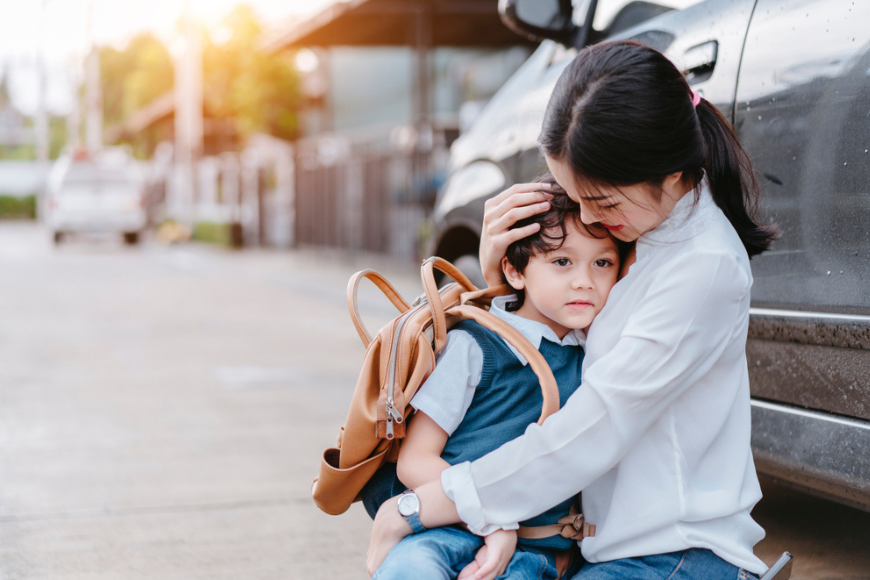
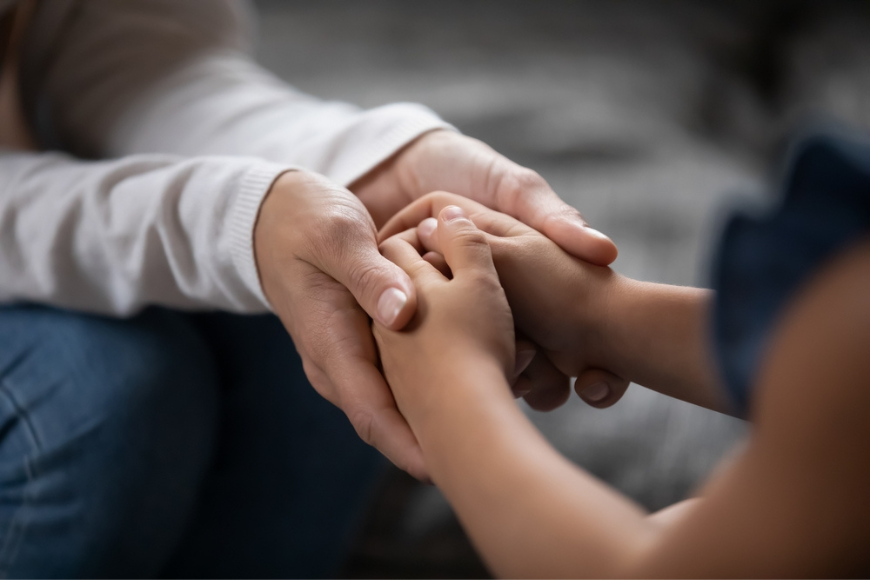
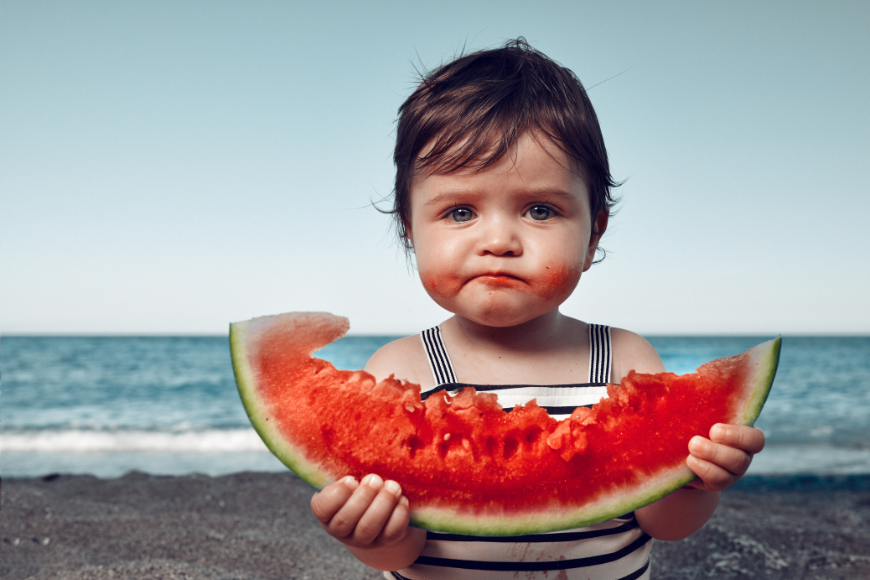
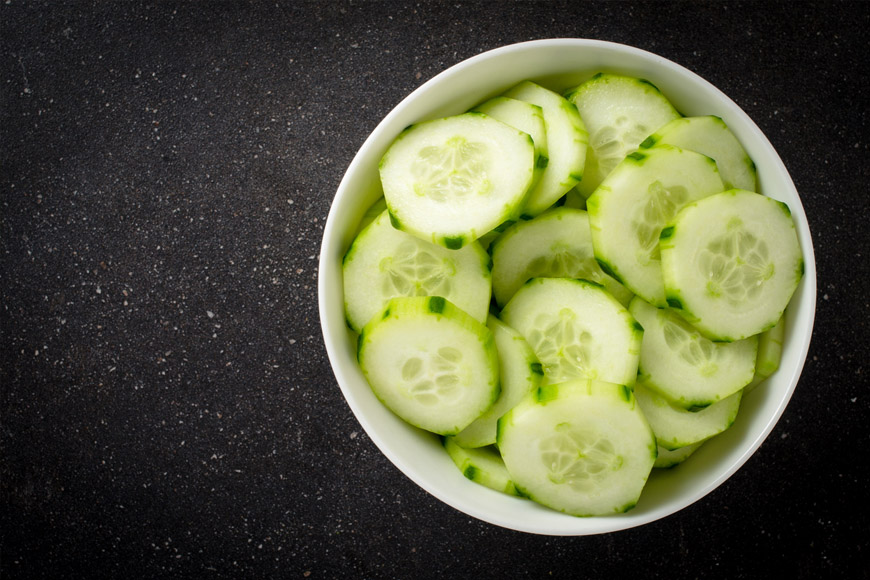
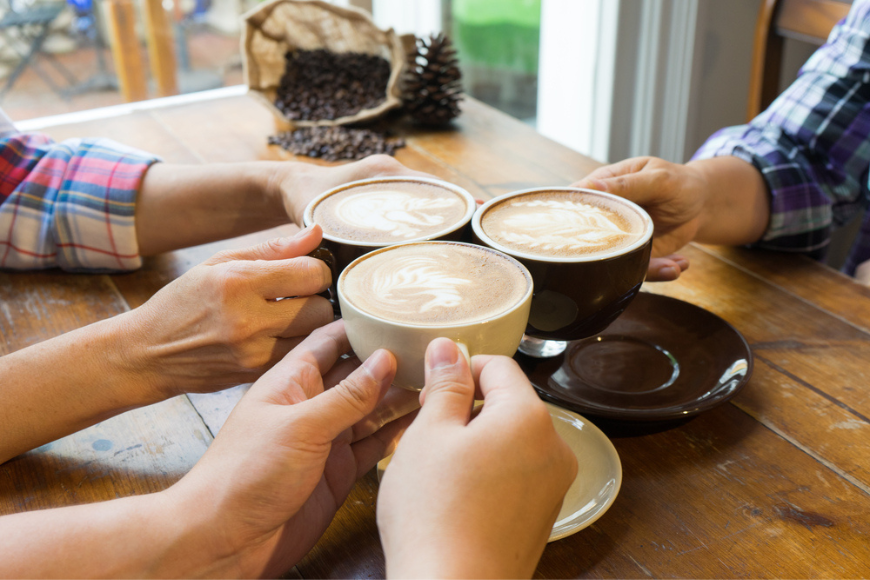

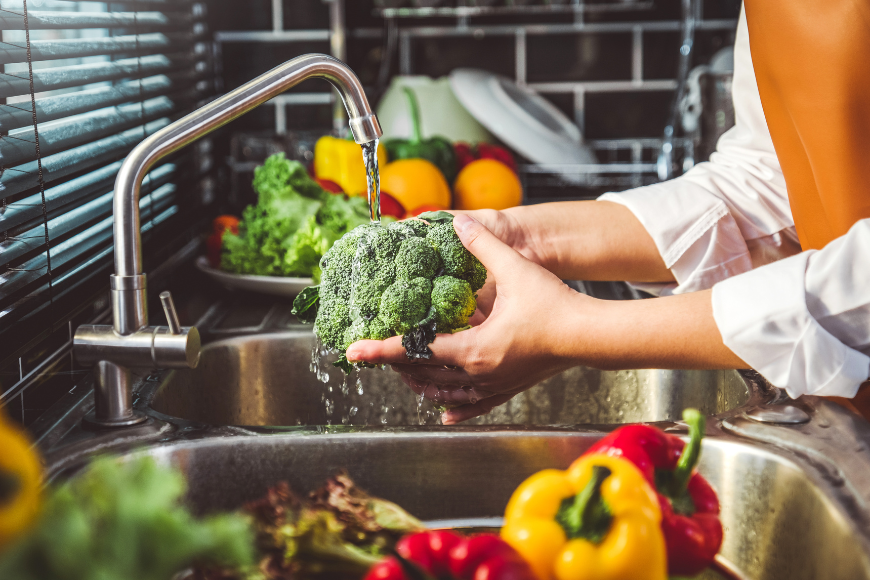




















_2.jpg?itok=j80YWwf-)



















